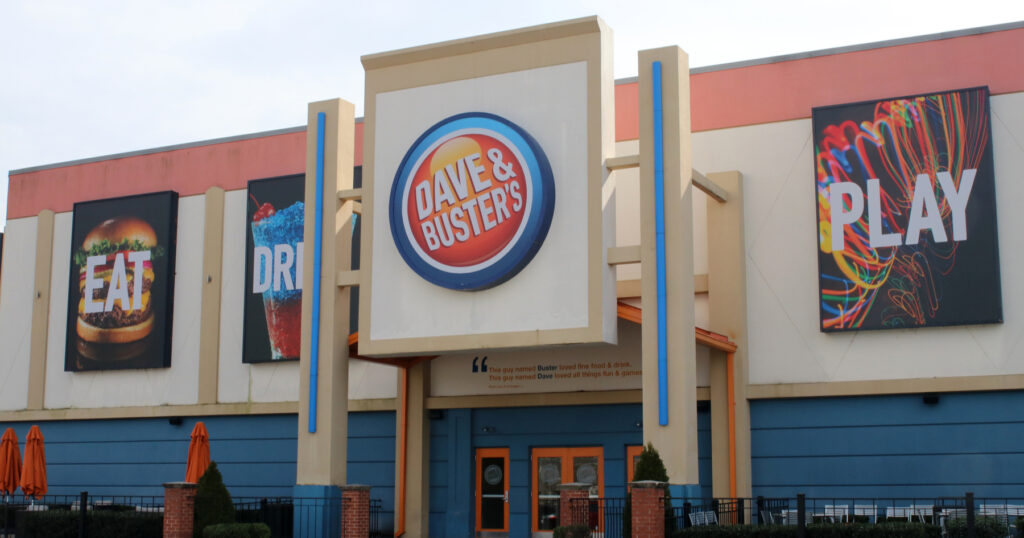Dave & Buster’s (PLAY) first quarter with recently acquired Main Event in the fold is leaving a bad taste in investors’ mouths. Despite easily surpassing analysts’ 2Q23 revenue expectations, the owner of entertainment and dining venues badly missed earnings forecasts. Wage inflation and rising commodity costs were the primary culprits that drove EPS lower by a much steeper-than-expected 45% yr/yr.
This is a familiar story, though, within the restaurant industry. In late August, Brinker (EAT), which owns Chili’s and Maggiano’s, issued very weak FY23 EPS guidance due to the same inflationary pressures. Rewinding a bit further, Olive Garden owner Darden Restaurants (DRI) also guided FY23 EPS well below expectations when it reported Q4 results on June 23.
The main point is that PLAY is juggling many balls right now and its attention may not be squarely landing on its near-term performance. That may be a source of frustration for investors, especially since the current business environment is so demanding.
Beyond the earnings miss, the earnings report did offer some notable positives.
PLAY noted that guests are spending at higher levels relative to 2021 and 2019. The healthy spending is reflected in comparable sales for Dave & Buster’s branded stores increasing by a healthy 9.6% compared to the same period in 2019.
During the earnings call, Morris commented that the merger integration is ahead of schedule and that PLAY has already implemented over $11.5 mln of annualized synergies to date. Accordingly, PLAY raised its total synergies target to $25 mln from $20 mln.
The main takeaway is that the huge EPS miss places the company’s execution and focus under the spotlight as it integrates the Main Event acquisition. That assertion may not be totally fair since other restaurant chains are also struggling with inflationary pressures, causing them to cut earnings guidance. However, when PLAY first announced its intention to acquire Main Event last April, the stock dove sharply lower as some investors questioned the timing of the deal given the mounting economic headwinds. The poor bottom-line performance is validating those concerns since PLAY is contending with so many variables right now.





